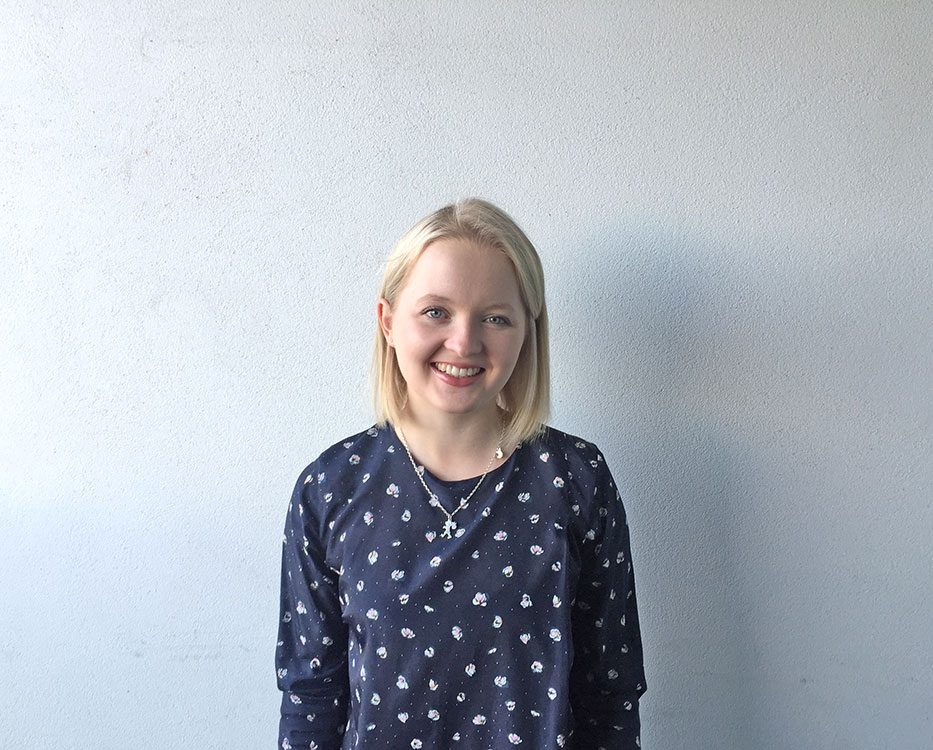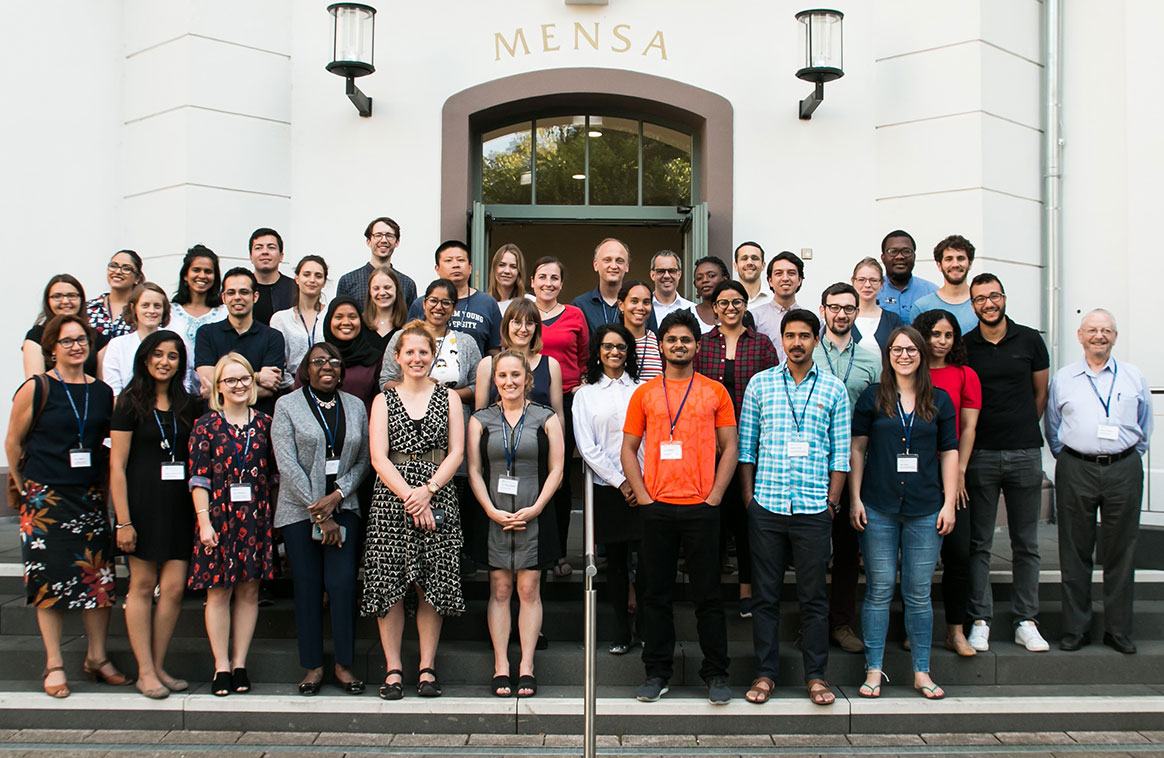
Briar McKenzie: improving the food environment, addressing inequalities
Meet Briar McKenzie, PhD candidate and Research Assistant with The George Institute Australia.
How long have you been working at The George Institute?
18 months. I started at The George Institute as a research assistant in March 2017, and then in November I was awarded a UNSW Scientia PhD scholarship, which is an incredible opportunity.
What attracted you to working here?
The chance to work with experts in food policy and health systems attracted me to the George.
I trained as a dietitian in New Zealand, while on hospital placement I often saw patients where nutrition interventions were too late, and with worsening health nutrition can become a low priority. I wanted to be involved in building the evidence base and advocating for a healthier nutrition environment as a mechanism to prevent poor health.
What is your area of research and how does it help people lead healthier lives?
My PhD is focused on investigating gender differences in dietary intake and the relationship of these differences with diet related cardio-metabolic diseases (such as diabetes and cardiovascular disease). If there are differences between men and women, and these differences are related to differences in cardio-metabolic disease prevalence then we need effective interventions/policies to appropriately address at a population level to reduce inequalities. Due to the high rates of cardio-metabolic disease in the Pacific Islands, my research is initially going to focus in this region.
I was inspired to focus in this area through the presentation of the Women’s and Girl’s health program at The George Institute, by Prof Robyn Norton AO in June of last year. People generally think of sexual and reproductive health in relation to “Women’s Health”, however non-communicable diseases are now the leading causes of death and disability in women in both high and low income countries. There is a need to investigate sex-specific effects of already known risk factors on these disease outcomes. Therefore, with encouragement and support from my now primary supervisor A/Prof Jacqui Webster, we prepared a PhD proposal that was funded in November 2017.
Additionally, I work as a research assistant as part of the Public Health Advocacy and Policy Impact team and WHO Collaborating Centre on Population Salt Reduction, so I get to work on a range of interesting projects with this team.

The George Institute's Jacqui Webster (front row, first left) and Briar McKenzie (front row, third from left) in Germany.
You’ve just returned from a conference in Germany. What were you doing there?
In September last year, my supervisor, A/Prof Jacqui Webster, initiated a collaboration with A/Prof Lindsay Jacks of the Harvard T.H. Chan School of Public Health. This collaboration is focussed on using nationally representative data from multiple countries to assess socio-economic characteristics, health system performance and association of lifestyle factors with cardio-metabolic diseases. Jacqui and I were invited to attend their workshop held in Gottingen, Germany, to represent the larger George Institute team. This week was a great experience of multi-disciplinary learning and discussions on shared interests in the health of small island nations. I was able to discuss my research focus area with the team which has resulted in a project that I am currently working on “Gender analysis of dietary behaviours and prevalence of disease in low- and middle-income countries”.
In your opinion, what is the biggest challenge today when it comes to global health?
I think improving the food environment and addressing inequalities, including gender disparities, are two large and overlapping challenges impacting on global health today.
What motivates you most in your work?
The potential to make a positive change to people’s lives, especially those who need it most. Also in my year and a half working at the George I have met so many inspiring people with amazing achievements, so to work alongside other George employees is very motivating.
How did your career in health get started?
My career in health started after a work experience day with a dietitian in an Neonatal Intensive Care Unit in Christchurch, New Zealand. I was amazed by the work she did, working with the nurses, doctors and parents to care for these very small and vulnerable infants. I went on to complete a Bachelor of Science (Nutrition) and Masters of Dietetics with Distinction at Otago University. During this time I again got to work in the neonatal realm, conducting a thesis on nutrition and growth of preterm infants, which identified to me the opportunity to have a career in health research.
To explain to people what I do I say…
I am a research assistant and PhD candidate, currently conducting research looking at gender differences in dietary intake and health outcomes at a population level, to identify if there is a need for gender sensitive food policy.



